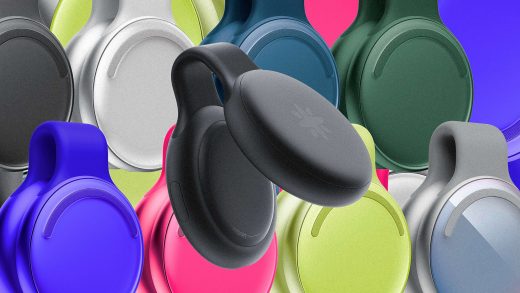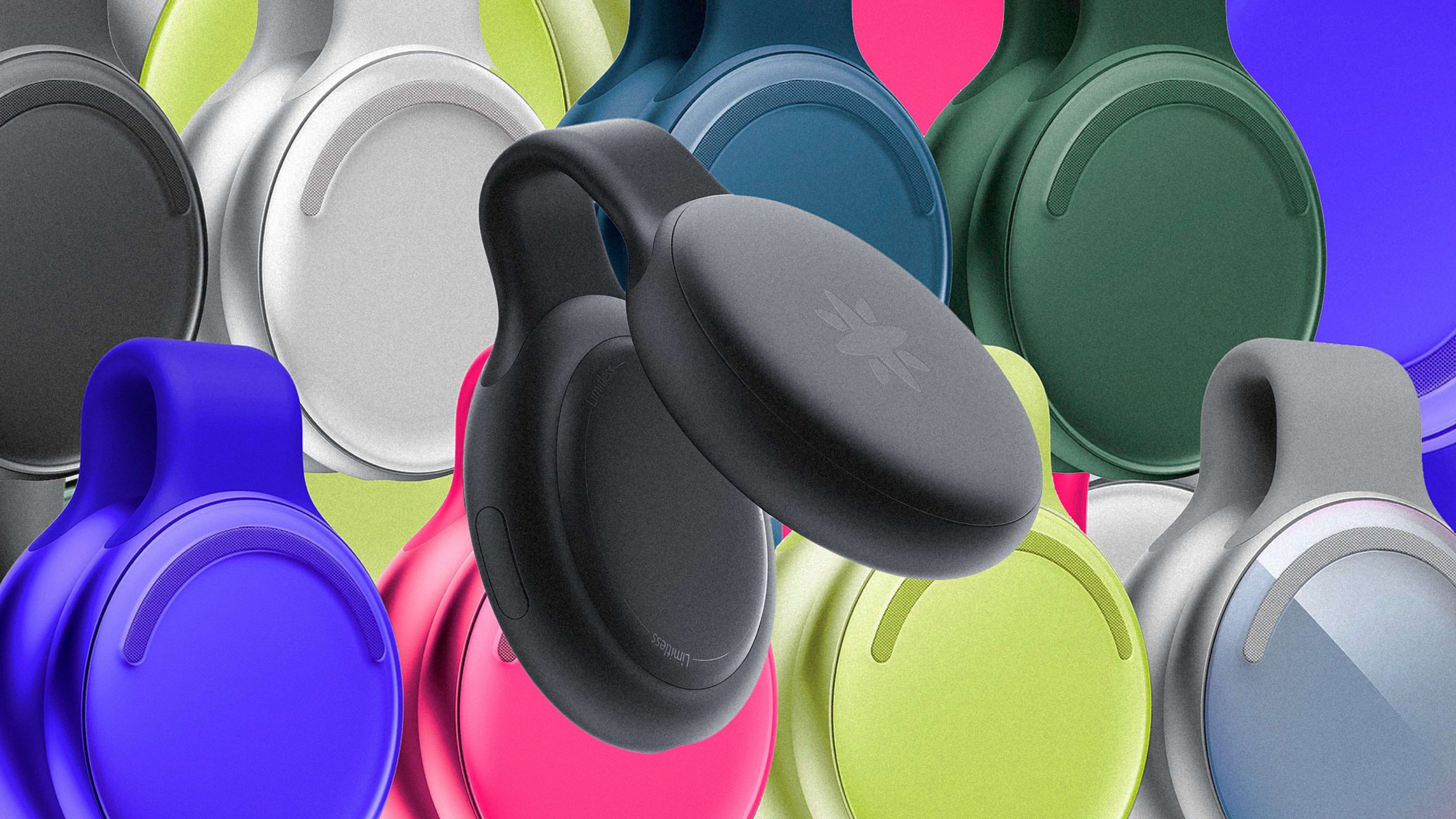Limitless wants its AI wearable to be your memory’s assistant
April 15, 2024
Limitless wants its AI wearable to be your memory’s assistant
This clip-on recording device is designed to augment our ability to remember.
BY Nate Berg
The era of artificial intelligence devices is here. A string of high-profile AI-enabled gadgets are bringing the novel technology out of the pages of dystopian fiction and into physical (and still potentially dystopian) reality. There’s the smartphone-esque wearable Ai Pin from Humane, the post-smartphone handheld Rabbit R1, and the supposedly smartphone-challenging “iPhone of AI” proposed by OpenAI, former Apple designer Jony Ive’s Lovefrom, and Japanese conglomerate SoftBank.
A new broach-like wearable device from the AI startup Limitless joins the category, but in a decidedly anti-smartphone way. Instead of trying to create a tool for throwing AI at whatever task a person might want, the Limitless Pendant pares down the offerings to simply record and process conversations. Clipping onto a shirt collar or lapel, the small, round device is essentially a microphone that sends recordings to a secure, encrypted, and AI-enabled place in the cloud.
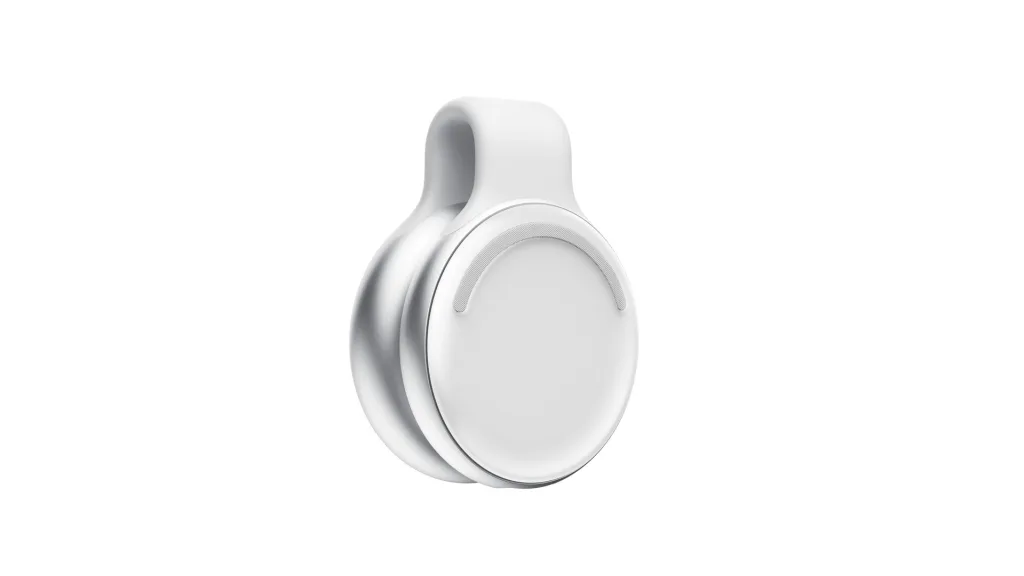
An AI memory assistant
The Pendant is maybe best thought of as a memory assistant that transcribes audio recordings—from individual meetings to entire days—to form a deep archive of searchable information. It can use this reservoir of recordings and transcribed test to outline the big takeaways and action items from a work meeting or to write the draft of an email to a friend. Limitless cofounder and CEO Dan Siroker calls it a way of enhancing your ability to remember and access information, far beyond what’s biologically possible. It’s a concept he connects to his own experience with starting to lose his hearing in his twenties and turning to technology to help. “When I first tried on a hearing aid, it was magical. It felt like gaining a superpower,” he says. “What we’re trying to do is augment our capabilities using AI.”
The company, which until recently was known as Rewind, started this work in the digital space with an app that can search through and summarize online meetings, web browsing, and other desktop application use. It raised more than $33 million from investors including Andreessen Horowitz and OpenAI’s Sam Altman. Creating a wearable device is a logical extension of the technology, and Siroker sees even more value in recording and processing meetings and conversations.
“Personally, I’m in back-to-back meetings, and I want to be 100% focused on the person I’m meeting with,” he says. “I can’t take notes, track action items, prepare for the next meeting without it preventing me from connecting with the person in front of me.”
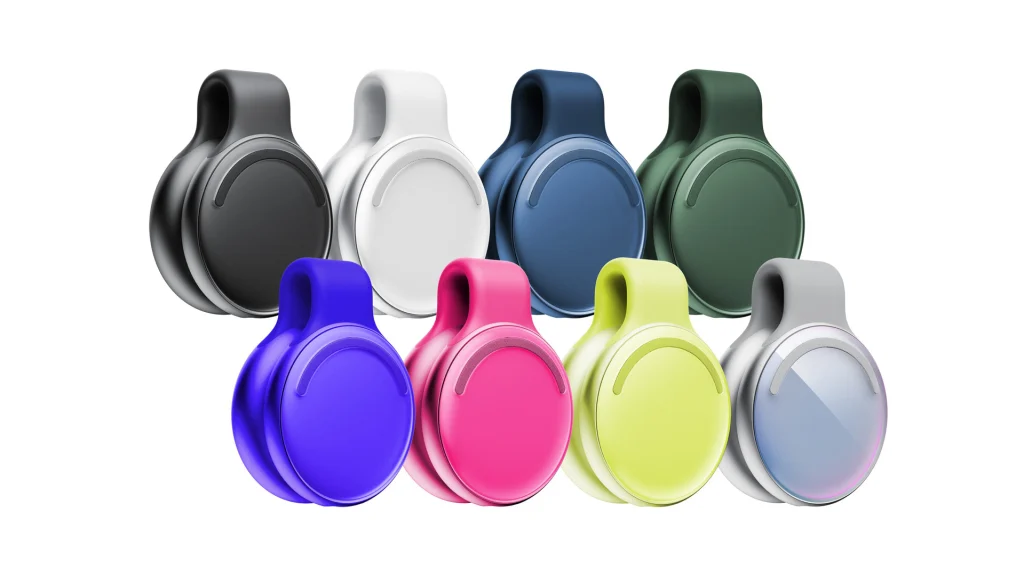
Giving form to AI
To turn the concept into a physical object, Limitless hired Ammunition, the industrial design firm behind the Beats by Dr. Dre headphones. Founder Robert Brunner says the design team focused primarily on creating an object that would be both easy and desirable to wear. “Something we’ve learned in doing the headphones for Beats is this concept that wearability is not just functional, it’s also emotional and about how things feel on your body,” he says. “We really wanted to make this feel like something that appropriately blends in and stands out at the same time, and that doesn’t feel boring to wear on your clothing.”
The form factor Ammunition and Limitless landed on is a simple round clip, like a cross between a clamshell, a pair of little castanets, and something you might use to seal a half-eaten bag of chips. An array of microphones is implanted in the front, along with the circuit board and a magnet that attaches to the other half of the clip, which holds a battery with 100 hours of life. “With body-worn devices, it’s always critical to get the device form factor as small as possible. That was one of our biggest challenges,” says Christopher Kuh, vice president of Ammunition’s industrial design studio.
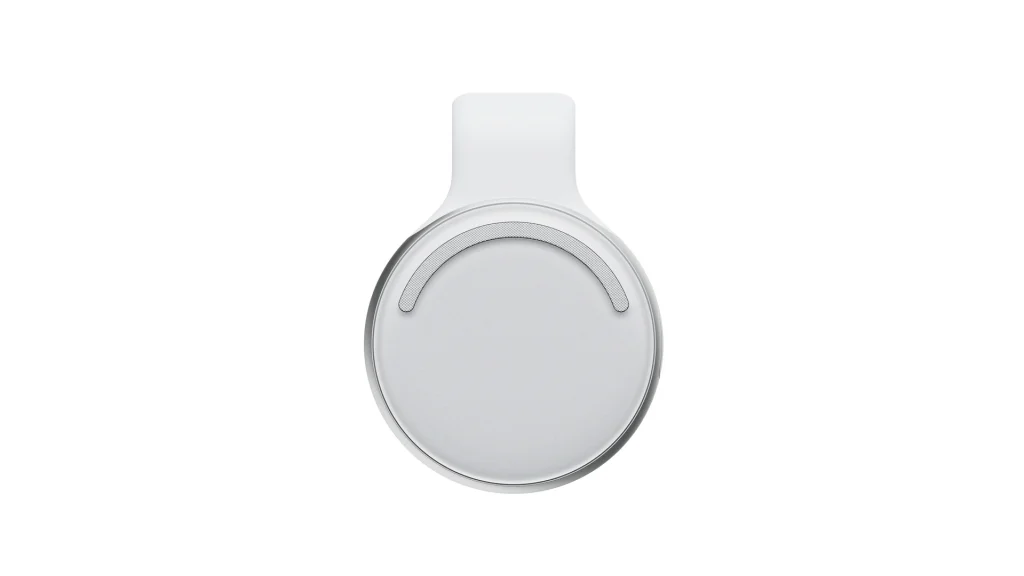
With a circular face of brushed aluminum about the size of a watch, the Limitless Pendant will be available in eight colors. Brunner says the design team wanted to avoid creating a very tech-centric look, like the rectilinear Ai Pin and Rabbit devices. “This feels a little more jewel-like, a little more sophisticated, and a little less in your face,” he says.
But, in an effort to counter the creep factor of a device recording everything all the time, it also had to be a bit conspicuous. “There’s a balance that you have to maintain because people need to see it. They need to know that it’s on. They need to know that they’re being recorded,” Brunner says. An LED light in the center of the device puts out a subtle cue to any third party that the device is operating. Until AI wearables become more common, the mere fact of it being worn will likely be enough of a signal.
The entire design process was a surprisingly fast eight weeks. Siroker decided on the device’s form factor during Ammunition’s first presentation. “They’ve been very good at just pressing on with a lot of speed and agility to make decisions and move quickly through the process, which is, for us, really refreshing,” says Brunner.
“I hope to prove the case that you can make hardware just as efficiently as you can make software,” Siroker says.
Whether people are ready to actually don the AI wearable hardware powered by that software is still up in the air.
The Limitless Pendant is on sale now for $99. The company expects the first units to ship in August.
ABOUT THE AUTHOR
(15)

